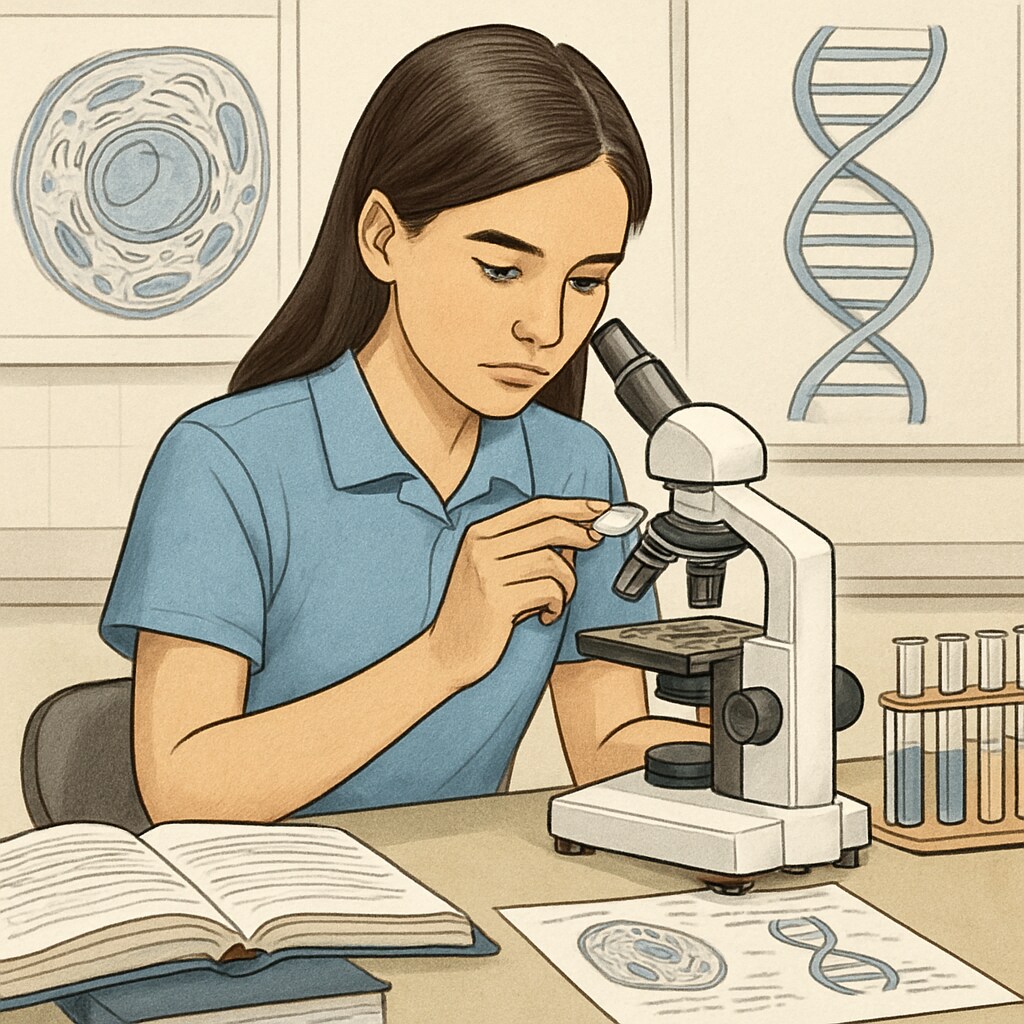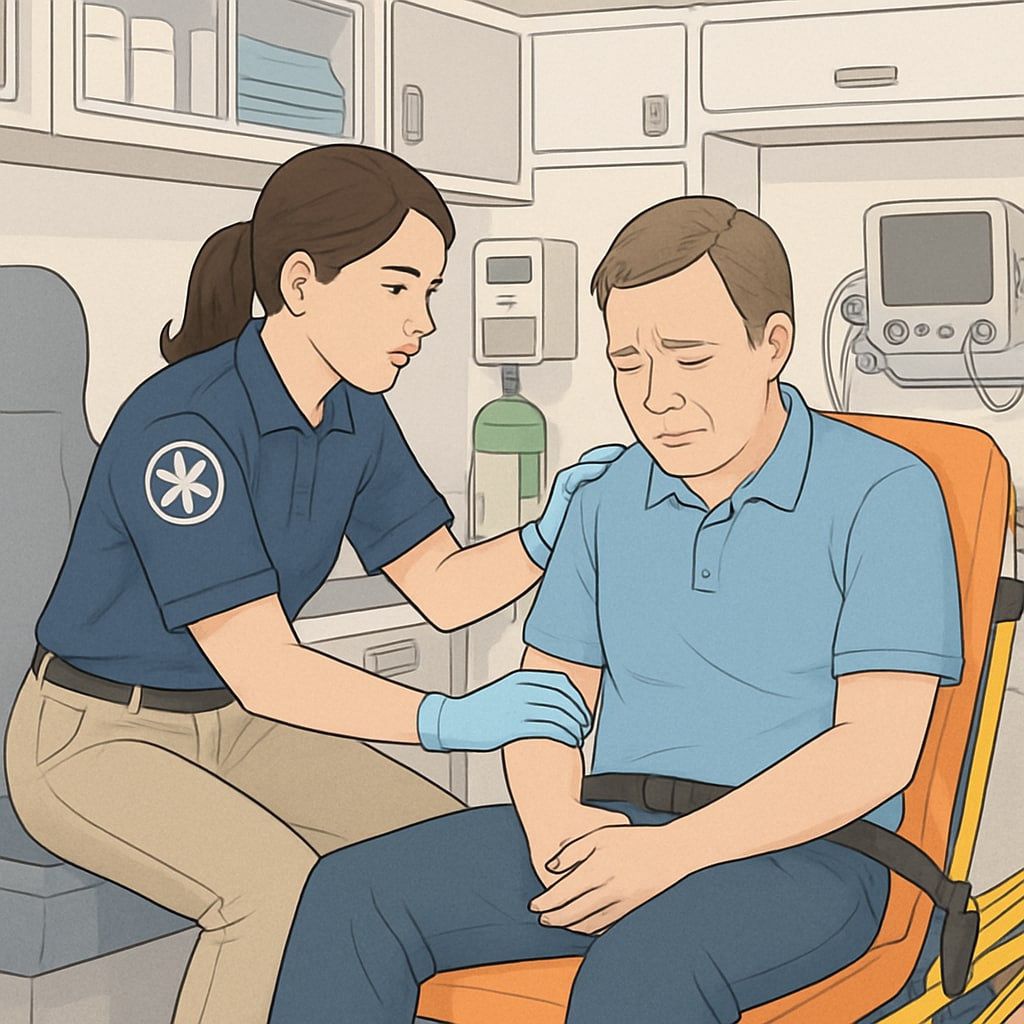Planning for a successful nursing career requires a combination of academic commitment, hands-on experience, and personal growth. During the K12 years, students can start laying the foundation for their professional aspirations in nursing by exploring nursing programs, college transfer options, and EMT experience. At the same time, it’s crucial to maintain a balanced approach to academics and social life, ensuring holistic development. This article delves into how students can prepare for a future in nursing while enjoying an active and fulfilling campus life.
Why Early Career Planning Matters for Nursing
Early preparation for a nursing career allows students to build a solid foundation in both academics and personal development. Nursing, as a profession, demands not only technical skills but also emotional resilience, teamwork, and adaptability. Starting early ensures that students have ample time to develop these essential qualities.
For example, focusing on science courses such as biology, chemistry, and anatomy during high school can provide a head start on the academic requirements of nursing programs. Additionally, participating in extracurricular activities like health science clubs or volunteering at healthcare facilities can offer valuable insights into the profession.
According to the U.S. Bureau of Labor Statistics, the demand for registered nurses is projected to grow significantly in the coming years. Therefore, early exposure and planning can help students stand out in competitive nursing program admissions.

Exploring Nursing Programs and College Transfer Opportunities
Choosing the right nursing program is a critical step in a student’s career journey. Some students may begin their education at a community college or smaller institution before transferring to a university with a robust nursing program. This pathway can be more cost-effective and allow students to adjust to college life before committing to a rigorous nursing curriculum.
When considering college transfer options, it’s essential to research articulation agreements between institutions. These agreements ensure that credits earned at one school will transfer seamlessly to another, saving time and money. Additionally, students should explore schools that offer specialized tracks in nursing, such as pediatric or geriatric care, to align with their career interests.
In addition to academics, campus life plays a significant role in shaping a well-rounded individual. Joining student organizations, attending campus events, and participating in leadership roles can foster personal growth and networking opportunities.
Gaining EMT Experience: A Valuable Step Toward Nursing
Becoming an Emergency Medical Technician (EMT) is an excellent way for aspiring nurses to gain hands-on experience in the healthcare field. EMT training programs are often accessible to high school graduates and provide practical skills such as first aid, patient assessment, and emergency response.
Working as an EMT allows students to experience the fast-paced nature of healthcare and develop critical thinking and decision-making skills. This experience not only strengthens their nursing school applications but also provides a deeper understanding of patient care, which is invaluable in a nursing career.
For example, a student who has worked as an EMT can demonstrate their ability to handle high-pressure situations, a skill that translates well to nursing. Furthermore, EMT experience often confirms a student’s passion for healthcare, helping them commit fully to their chosen career path.

Balancing Academics and Social Life
While academic preparation is essential, maintaining a balance between studies and social activities is equally important. Overextending oneself academically without taking breaks can lead to burnout, which is counterproductive in the long run. Here are some tips to achieve this balance:
- Time Management: Use planners or apps to allocate time for studying, extracurriculars, and relaxation.
- Set Priorities: Focus on activities that align with your career goals while leaving room for hobbies and socializing.
- Seek Support: Connect with mentors, teachers, or peers who can provide guidance and encouragement.
By developing these skills, students can thrive academically while enjoying a vibrant and active campus life. This balance is crucial for future healthcare professionals who must juggle demanding workloads and interpersonal relationships in their careers.
Conclusion
Preparing for a nursing career during the K12 years involves thoughtful planning, academic dedication, and hands-on experiences such as EMT training. At the same time, cultivating a balanced approach to life ensures that students develop the interpersonal and emotional skills necessary for a successful career in healthcare. By exploring nursing programs, considering college transfer options, and gaining real-world experience, aspiring nurses can set themselves up for a fulfilling professional journey while enjoying the dynamic experiences of campus life.
Start early, stay focused, and remember that balance is key to both personal and professional success in nursing.


